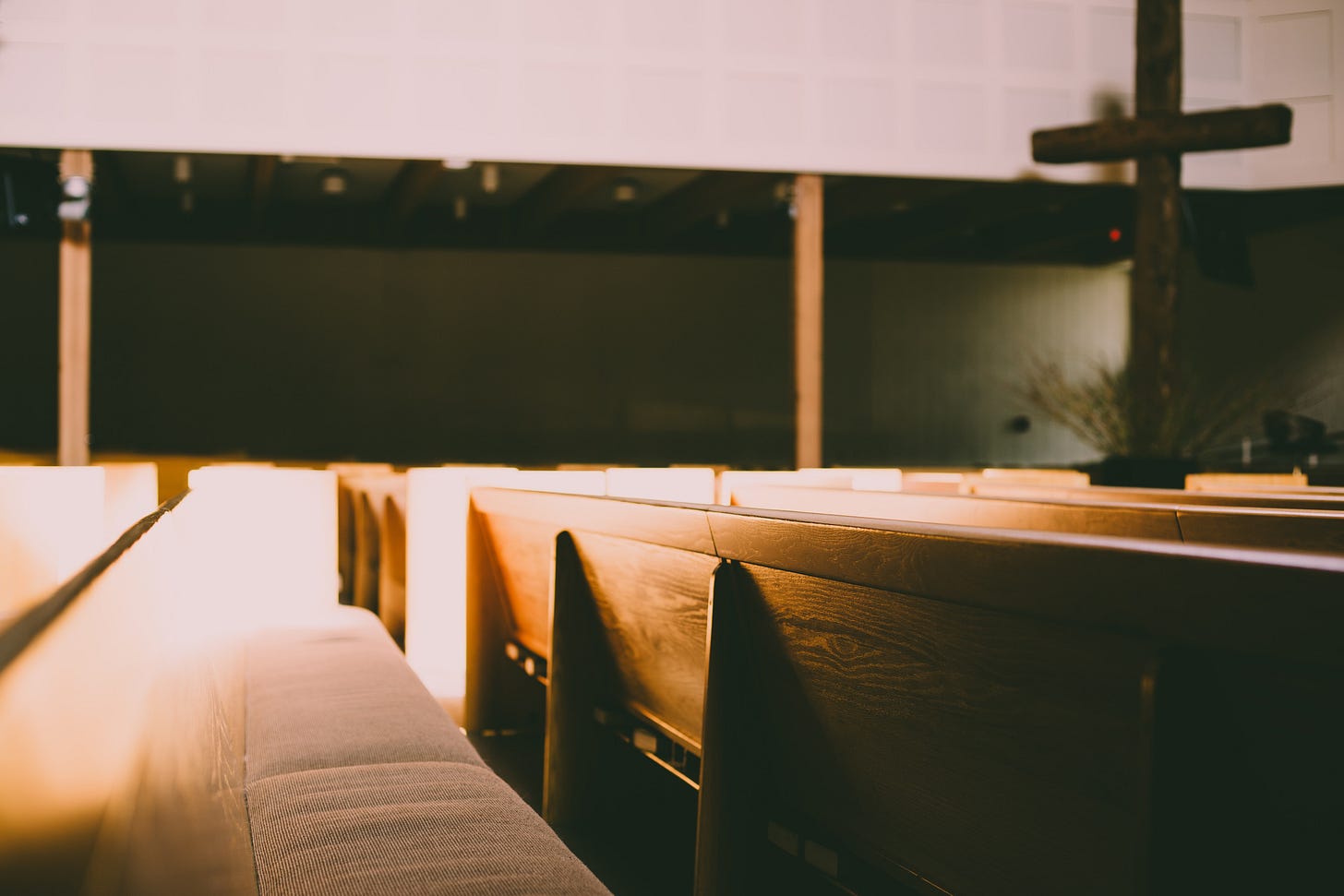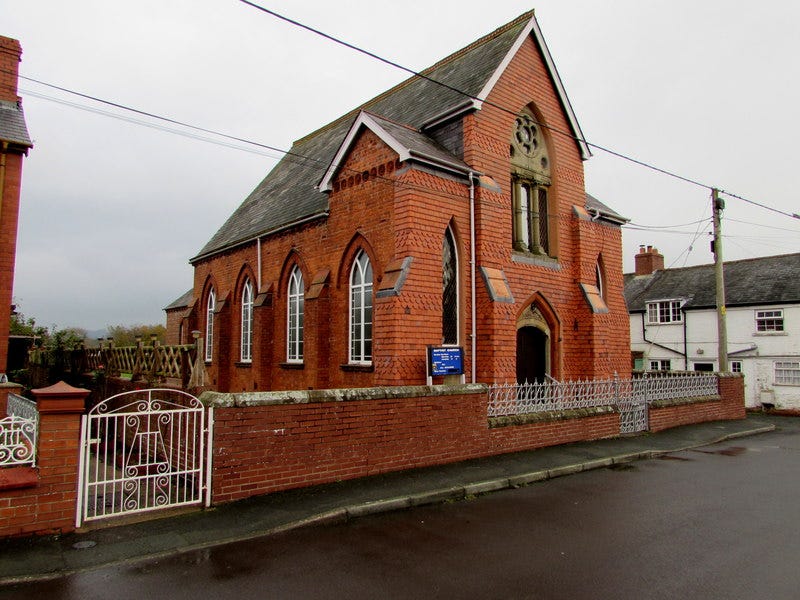Most puritans of the early seventeenth century remained at least nominally within the Church of England. However, within its radical wing were established a series of illegal congregations totally split from the Church. They followed the inspiration of John Smyth, a Brownist who had begun meeting with a group of Separatists. Persecution led Smyth and others from his congregation to flee England to Amsterdam in 1609. Smyth, supported by his lay friend Thomas Helwys stood out from other Separatist groups when they adopted the radical belief that only adult believers should be baptised. This concept was incendiary to most of the population who saw it as an offence to God and a condemnation of innocent children. To its opponents it became derisively known as ‘dipping’. The hostility to such practices often led to baptism by night in rivers and ponds and so spawned further accusation of lewd Baptists taking young men and women out naked into the night. A regular claim against them was that people died subsequently from the cold.
Around 1612 Helwys led part of the group back to England and established a congregation in London, the first Baptist church in England. By 1624 there were five Baptist churches in the city. To these ’General Baptists’ were added in 1633 the ‘Particular Baptists’ with their first church in Southwark. Particular Baptists under the leadership of Henry Jacob adopted adult believers’ baptism but held to the Calvinist belief that only a predestined elect were to be saved and join the company of Heaven. In contrast, General Baptists believed that all could find salvation. The two sides became opposed to the point of even considering one another heretics. By the late seventeenth century the Particular Baptists were the more numerous of the two.
Gregory Hayes, Bethlehem Baptist Church, Minneapolis
Like many dissenting movements that would come over the following decades, Baptists called for the abolition of tithes, had an antipathy for clergy and radical visions for society.
Baptists had gained a good following by the 1630s and during the Civil Wars their support soared, especially in London, the West Country, and the Midlands. There was considerable enthusiasm for gatherings led by lay ‘tub-preachers’ such as Thomas Lambe and William Kiffin. At their height it is estimated that the sect could be measured in the tens of thousands. However, their appeal was not universal, and support seems to have peaked during 1640s when for a time they were the foremost group of religious dissent. They were quite detached from the customs of mainstream society and people feared them because of the association with the Anabaptist atrocities at Münster in the early sixteenth century. By the late 1640s many radicals pulled from the other side, feeling that the Baptists had not gone far enough. While their own radicalism was soon overshadowed, they were in many respects the originators of all the dissenting movements of this period.
Jaggery, Caersws Baptist Church, Montgomeryshire CC BY-SA 2.0
Many General Baptist churches eventually became Unitarian while those that remained formed the General Baptist New Connection in 1770. Splinter groups such as the Scotch Baptists also emerged. In 1891 the General and Particular Baptists finally united to form the Baptist Union of Great Britain and Ireland. Baptists have since established themselves across the world.
Baptist registers are kept with other Nonconformist records in local archives and record offices. Other relevant archives are kept in Dr Williams’s Library, London. Further details on Baptist history and records can be found through the Baptist Historical Society:
About Baptists - Baptist Historical Society (baptisthistory.org.uk)
References and Resources:
For those interested there are some excellent books on the radical religious movements of the seventeenth century amongst which Baptists were early innovators and numerous:
J. F. McGregor and B. Reay (eds.), Radical Religion in the English Revolution (1984)
Christopher Hill, The World Turned Upside Down: Radical Ideas During the English Revolution (1972)
Andrew Bradstock, Radical Religion in Cromwell’s England (2010)




Great choice of topic, I knew very little about the Baptists' history - until now!